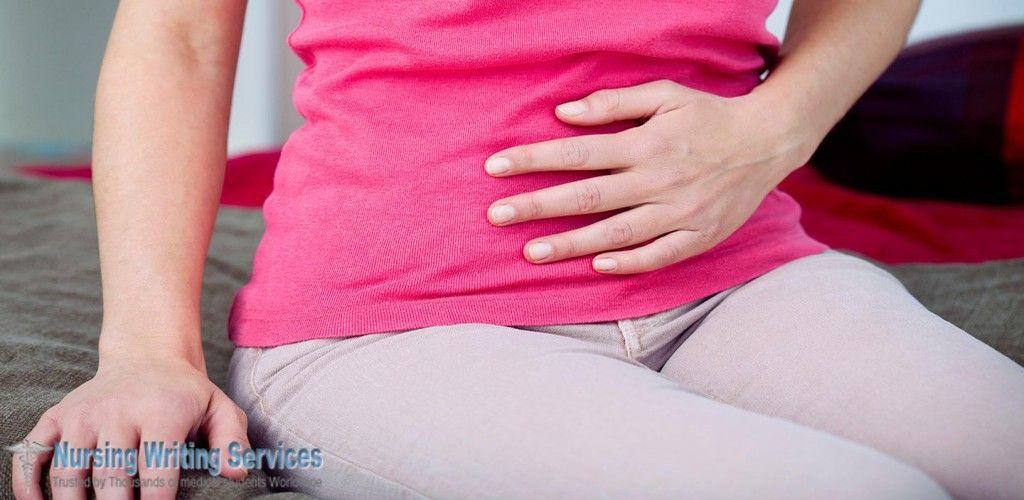
Common Digestive diseases
Digestion during a proper healthy state takes food through various processes from the moment of biting and chewing in the mouth to the elimination of undigested materials. It breaks down the food into smaller parts (nutrients) that the body quickly absorbs to use as energy and building blocks for the cells.
The digestive tract has the oesophagus, stomach, small and large intestines. The liver, pancreas and gallbladder are an organism in the stomach that aid in digesting by releasing digestive juices and acids. Unfortunately, digestive diseases occur in the digestive or gastrointestinal tract. The condition can be mild or severe.
Some of the common digestive diseases are:
Irritable bowel syndrome (IBS)
IBS is a group of combined symptoms of the gastrointestinal disorder. Doctors consider diagnosing it after patient experiences symptoms such as constipation, abdominal pain and bloating. Some people also have recurring diarrhoea.
Many people suffer from IBS. For example, approximately 10-15% of the population in the U.S suffers from this digestion disorder. Women are at more risk of IBS than men while the men who are under 45 are at the least risk. Diagnostic test for irritable bowel syndrome is not standard but depends on the present symptoms. Treatment for IBS mostly includes a combination of medication, use of probiotics, diet change and therapy for management of stress if the disease is making the patient have anxiety.
Gallstones
Irritable bowel syndrome (IBS)
Gallstones whose other name is Cholelithiasis are fluid deposits that turn into stones after hardening within the gallbladder. The size of deposits can be tiny like a few sand grains or large like a gold ball. It is frequent for individuals to have more than one gallstone at one time. Severe pain starting at the upper right-hand side of the abdomen and back /shoulder area in some cases are the symptoms of gallstones. The treatment for gallstones is to remove them from the bladder through surgery.
Hemorrhoids
Irritable bowel syndrome (IBS)
Hemorrhoids occur when the hemorrhoidal veins in the rectum or anus enlarge and swell. They can occur in the internal or external part of the veins. The external haemorrhoids feel and appear like a protrusion outside the anal opening and are common among women during pregnancy and after delivery.
See Best Nursing Writing Company reviews by our customers and writers. We are among the best rated company in providing nursing services.
Irritable bowel syndrome (IBS)
Hemorrhoids are uncomfortable and irritating to tolerate, but luckily doctors have several options to treat them. The treatment includes taking more fiber, using ointments, using haemorrhoid banding a nonsurgical procedure or surgical options.
Acid reflux
Acid reflux also GERD occurs when the liquid contents in the stomach refluxes (backs or regurgitates) up and gets into the oesophagus. When the contents include acid and bile, they will cause inflammation and damage the lining of the esophagus. If there is no treatment, this damage will escalate into ulcers and scarring. It is essential to get treatment for acid reflux early. Treatment is by medication in combination with disease management. The methods of managing acid reflux are by changing the diet to include less acidic foods, elevating the head when sleeping and weight loss.
Celiac Disease
Celiac disease cause sensitivity to gluten a protein in foods processed from grain or wheat. These include many types of foods found in grocery stores. Symptoms of celiac disease include abdominal pain, nausea, bloating and diarrhoea. A simple change of diet is a treatment option for cases of celiac disease, and it can improve the quality of life for gluten sensitive patients. Cutting back or avoiding gluten is an excellent step of reducing the severity of celiac symptoms even when medication is necessary.
It is essential to arrange a quick visit to a doctor if you witness one of these signs and symptoms as it is very likely that the digestive tract has infections.
- Blood in stool
- Severe abdominal pain
- Change in bowel habits
- Heartburn that antacids do not relieve
- Unintentional weight loss
- Bloating and constipation
- Diarrhea
- Incontinence
- Swallowing problems
Tests for digestive problems include endoscopic ultrasound, capsule endoscopy, colonoscopy and upper GI endoscopy.
Related Services
Nursedepo offers the Best Nursing Essay Writing exclusively for research students, post-doctoral researchers, lecturers, professors and any other nursing student. If you are looking for academic editing services, do not waste time trying different unreliable providers.

